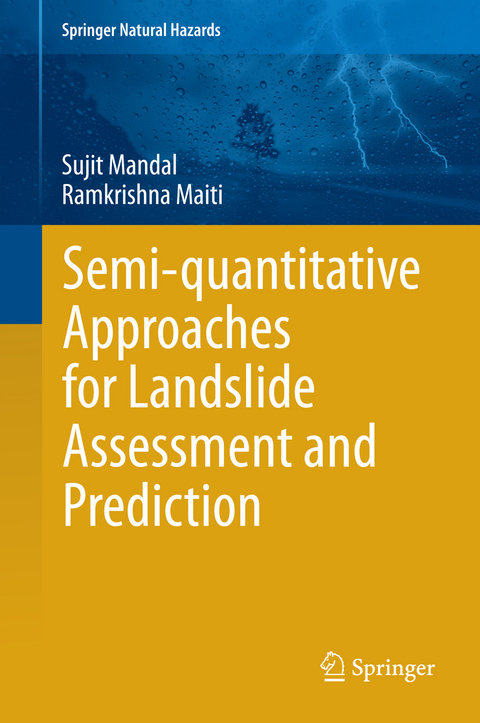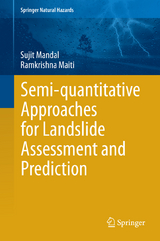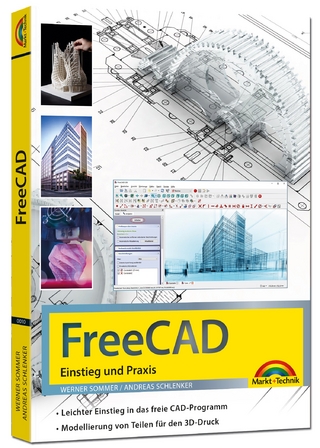Semi-quantitative Approaches for Landslide Assessment and Prediction
Springer Verlag, Singapore
978-981-287-145-9 (ISBN)
Dr. Sujit Mandal is an Assistant Professor in the Department of Geography at Raja N.L. Khan Women’s College, Midnapore, West Bengal, India. He has worked in the area of Applied Geomorphology consisting Hazards, Risk and related Community Responses. He has over 20 publications in various journals. He is currently a principal investigator of research projects funded by the University Grant Commission. Dr. Ramkrishna Maiti is an Associate Professor in the Department of Geography and Environment Management at Vidyasagar University, West Bengal, India. His significant contributions have been in the area of Geomorphology, Hydrology, Environment, Ecology and Sociology. He heads several research projects funded by the UGC and ICSSR. He had over 60 publications to his credit.
Introduction.- Geo-spatial Variability Geomorphic Parameters and Slope Instability.- Hydrologic Parameters and Slope Instability.- Surface Run-off, Soil Erosion and Slope Instability.- Geomorphic threshold Landslide.- Stability Model and Landslide Susceptibility Using Geo-technical Properties of Soil.- Application of Analytical Hierarchy Process (AHP)&Frequency Ratio (FR) in Assessing Landslide Susceptibility and Risk.- Landslide Mitigation.
| Reihe/Serie | Springer Natural Hazards |
|---|---|
| Zusatzinfo | 34 Illustrations, color; 63 Illustrations, black and white; XVII, 292 p. 97 illus., 34 illus. in color. |
| Verlagsort | Singapore |
| Sprache | englisch |
| Maße | 155 x 235 mm |
| Themenwelt | Informatik ► Grafik / Design ► Digitale Bildverarbeitung |
| Naturwissenschaften ► Biologie ► Ökologie / Naturschutz | |
| Naturwissenschaften ► Geowissenschaften ► Geologie | |
| Naturwissenschaften ► Geowissenschaften ► Meteorologie / Klimatologie | |
| Technik ► Umwelttechnik / Biotechnologie | |
| ISBN-10 | 981-287-145-4 / 9812871454 |
| ISBN-13 | 978-981-287-145-9 / 9789812871459 |
| Zustand | Neuware |
| Informationen gemäß Produktsicherheitsverordnung (GPSR) | |
| Haben Sie eine Frage zum Produkt? |
aus dem Bereich




